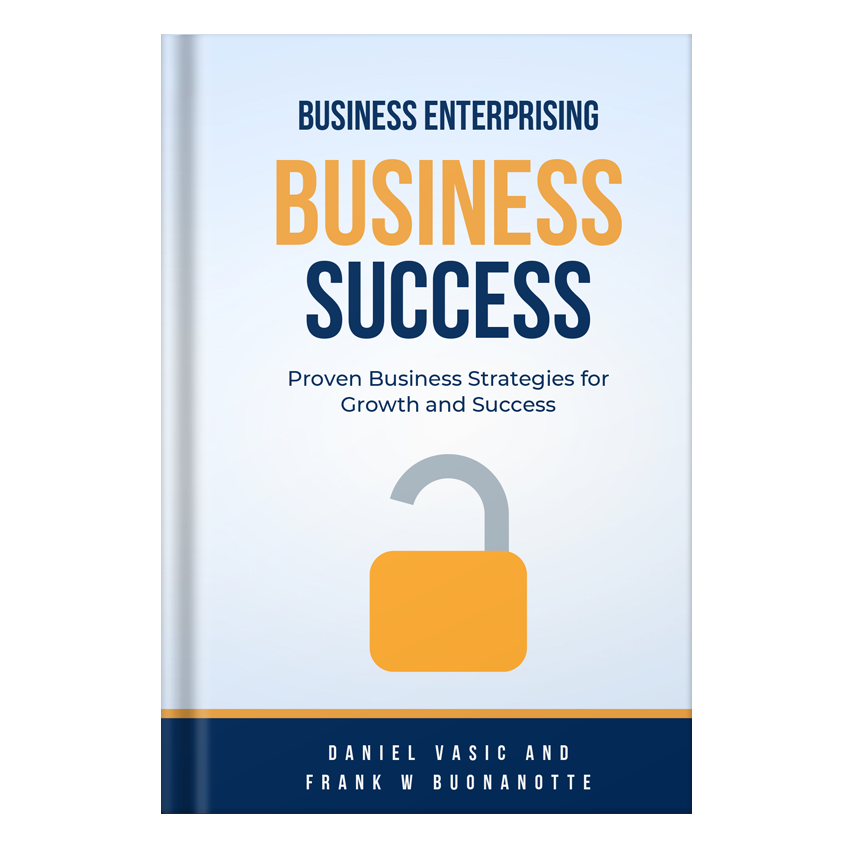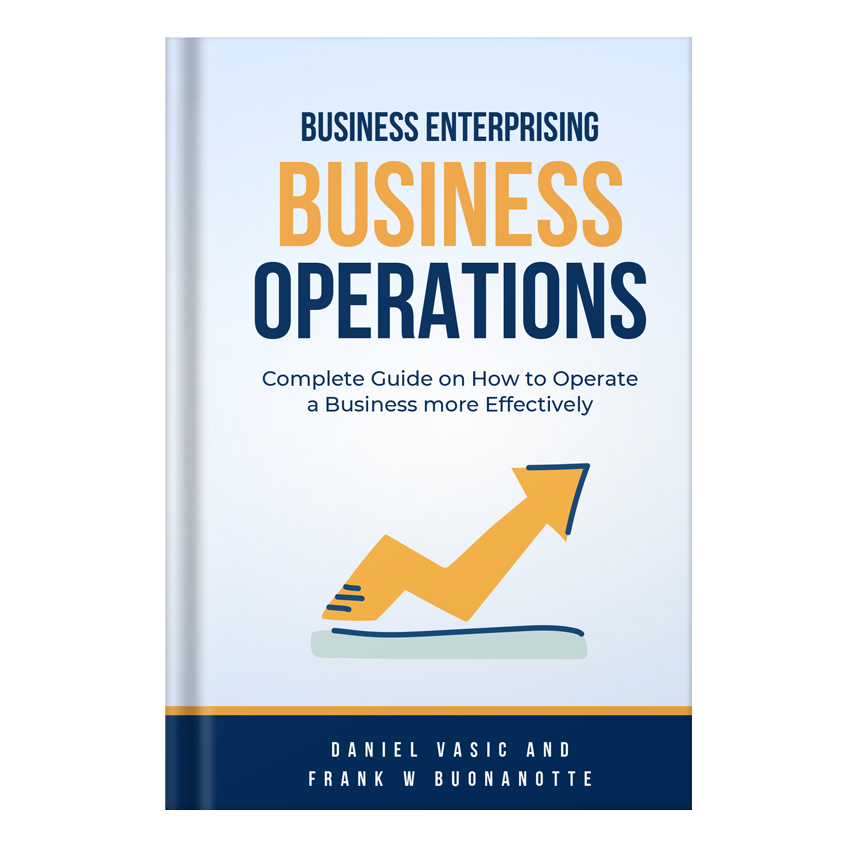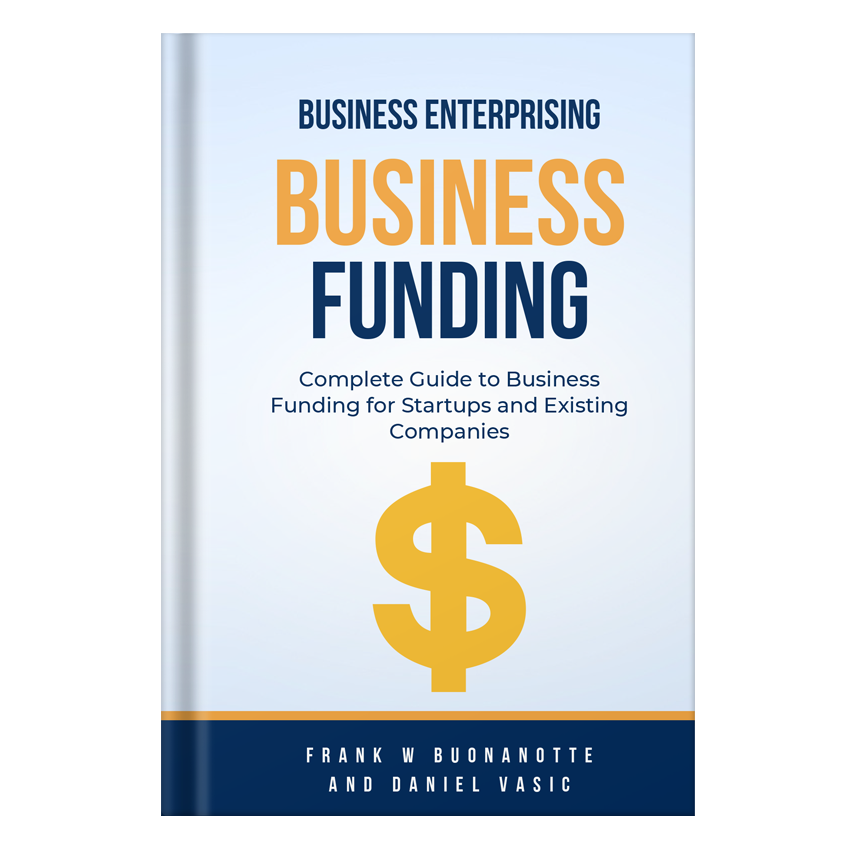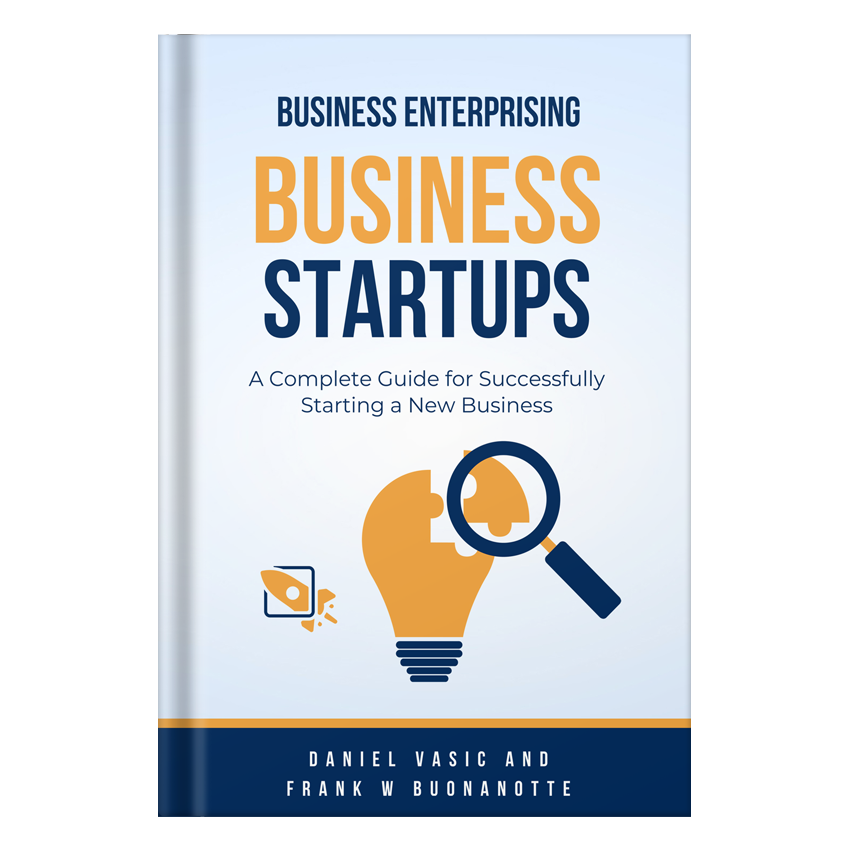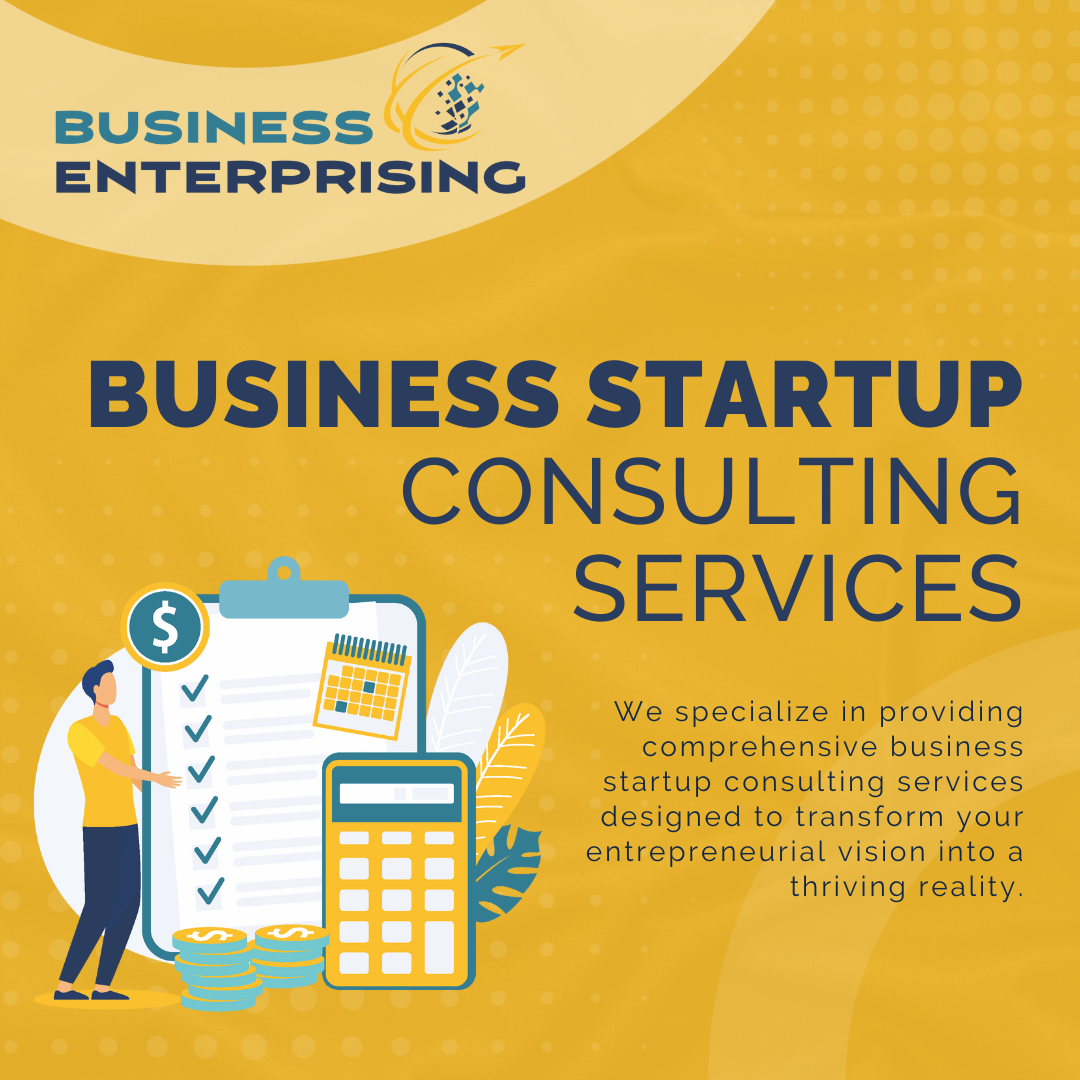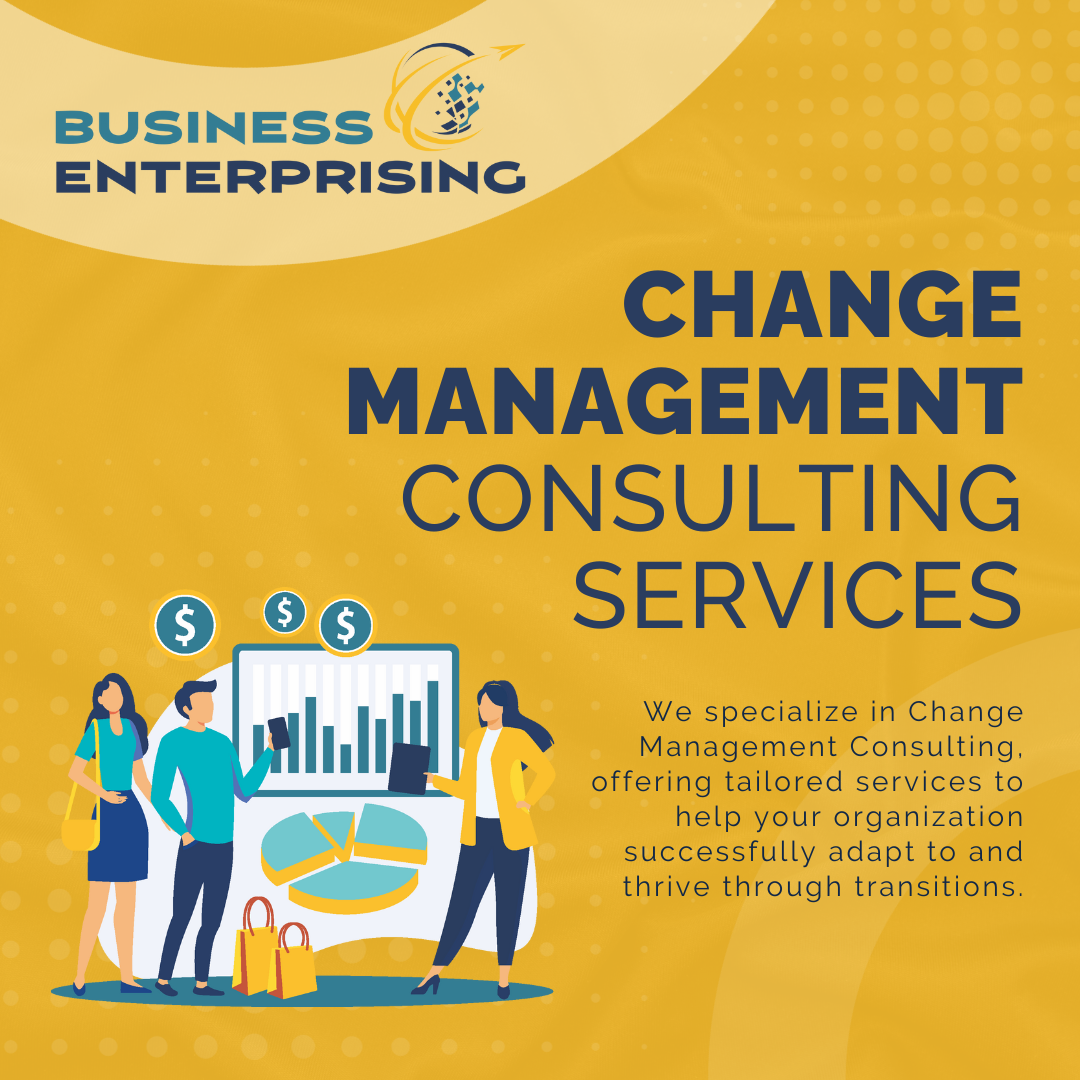Exploring Business Crowdfunding Resources
Crowdfunding has revolutionized the way entrepreneurs raise capital for their business ventures. It provides a platform for individuals or businesses to present their ideas to a wide audience, seeking funding from numerous backers. Let’s explore various crowdfunding sources, their URLs, benefits, pros, cons, and essential information for entrepreneurs considering this avenue for business funding. Exploring business crowdfunding resources must be part of a business. Raising capital is critical.
1. Kickstarter (www.kickstarter.com):
- Benefits: Widely recognized platform for creative projects; all-or-nothing funding model; access to a large community of backers.
- Pros: Global reach, no equity dilution, validation of concept through pre-sales, and diverse project categories.
- Cons: Strict campaign rules, high competition, and if the funding goal isn’t met, no funds are received.
2. Indiegogo (www.indiegogo.com):
- Benefits: Flexible funding options (keep what you raise); supports various project types, including tech, creative arts, and social causes.
- Pros: Global reach, diverse funding models, in-demand/pre-launch campaigns, and opportunities for equity crowdfunding.
- Cons: Higher fees for non-fixed funding campaigns, competition, and platform fees.
3. GoFundMe (www.gofundme.com):
- Benefits: Popular platform for personal causes, charitable initiatives, medical expenses, and creative projects.
- Pros: Easy-to-use interface, social sharing capabilities, support for various causes, and global reach.
- Cons: Primarily used for charitable and personal causes; not ideal for equity-based business projects.
4. SeedInvest (www.seedinvest.com):
- Benefits: Equity crowdfunding platform for accredited investors; focuses on early-stage startups and small businesses.
- Pros: Access to accredited investors, compliance with securities laws, potential for substantial funding rounds.
- Cons: Limited to accredited investors, stringent due diligence, and regulatory compliance requirements.
5. Patreon (www.patreon.com):
- Benefits: Membership platform for creators (artists, musicians, podcasters, etc.) to earn recurring revenue from supporters.
- Pros: Direct connection with supporters, consistent income through subscriptions, creative freedom, and community building.
- Cons: Primarily for creative content creators, fees, reliance on consistent content creation.
6. Crowdcube (www.crowdcube.com):
- Benefits: Equity crowdfunding platform for startups and growth-stage businesses.
- Pros: Access to retail investors, opportunities for growth funding, potential for larger investment rounds.
- Cons: Limited to equity-based funding, regulatory compliance, and due diligence.
Benefits of Crowdfunding for Business:
- Access to a Broad Network of Potential Investors
- Validation of Product or Service Concept
- Opportunity for Pre-sales and Market Testing
- Diverse Funding Models (Equity, Rewards, Donations)
- Global Exposure and Community Engagement
Considerations for Entrepreneurs:
- Campaign Planning and Preparation Are Vital
- Understanding Platform Fees and Funding Models
- Compliance with Legal and Regulatory Requirements
- Strong Marketing and Promotion Strategies
- Fulfillment of Promised Rewards or Commitments
Conclusion
In conclusion, crowdfunding platforms offer diverse opportunities for entrepreneurs to raise funds and bring their business ideas to life. Each platform caters to different types of projects, funding models, and target audiences. Entrepreneurs must carefully evaluate their business needs, goals, and the suitability of each platform before launching a crowdfunding campaign. Successful utilization of crowdfunding can not only provide funding but also validate concepts, build communities, and propel business growth. Exploring business crowdfunding resources must be part of a business. Raising capital is critical.

